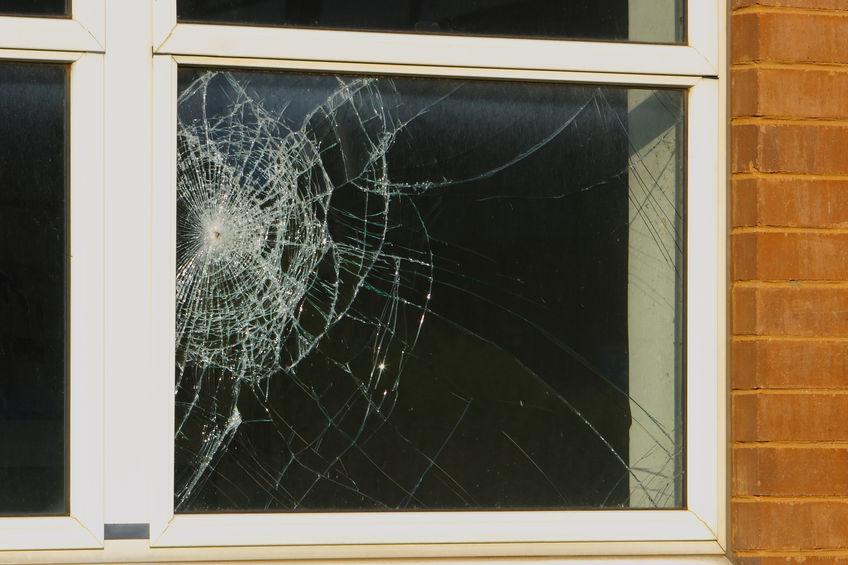“It was an accident!”
My son’s explanation was the same as millions of others little boys throughout history who found themselves in trouble. On this day and in my son’s case the explanation was true.
He was playing across the street in the neighbor’s yard. His friend had a new boomerang which he had eagerly shown to our 6-year-old son. Like any self-respecting little boy, he threw it, hard. He and his friend watched as it flew in a graceful arc, spinning majestically through the air until it came to a sudden stop against the window of the neighbor’s garage. The boomerang remained in one piece, the window did not.
“It was an accident!” my son repeated his defense, obviously fearful of my paternal wrath. To his surprise, I was not angry.
“I know it was an accident, and you are not in trouble,” I said. I saw the fear begin to leave his eyes, slowly being replaced by hope. “You are not in trouble, but the window is still your responsibility. You are going to have to pay for the window.” The hope faded.
“But I don’t have hardly any money!” he replied.
“How much do you have?” I asked
“Seven dollars”
“Okay, you can give me the seven dollars and I will pay for the rest.”
“But it was an accident!”
“I know it was an accident. But the window is broken and it has to be fixed, and that costs money. Someone has to pay for it, and because you broke it, you have to pay for it. Even though it was an accident, you are still responsible.”
My son was unconvinced but obedient. We went home and gathered all of his change and took it back across the street. The neighbor reluctantly accepted our payment. He felt badly for my son and quietly told me that we did not need to pay. I told him that we had to, because my son needed to learn the meaning of responsibility.
I thought of this story this last week when my dog was attacked by another dog. The dog’s owner offered the same defense as my 6-year old had proclaiming, “It was an accident!” It was obvious that to him the lack of intention absolved him of any obligation to remedy the situation. Because it was “an accident” he owed me nothing.
It was clear to me that his father had not taught him the meaning of responsibility (or the he had had failed to learn the lesson when his father tried to teach it). He truly believed in his "accident defense.”
He is not alone in this belief. It is clearly shared by the person who did not leave a note when he dented by car 6 months ago and by the vast majority of people who bounce checks in my office. Most people do not think of the consequences of their actions or the impact on others. Their primary goal is to avoid responsibility.
What can be done? How do we get people to accept responsibility for their actions?
I do not know how I can get other adults to take responsibility for what they do, but I do now how to get future adults to take responsibility for their actions.
One window at a time.
Bart
